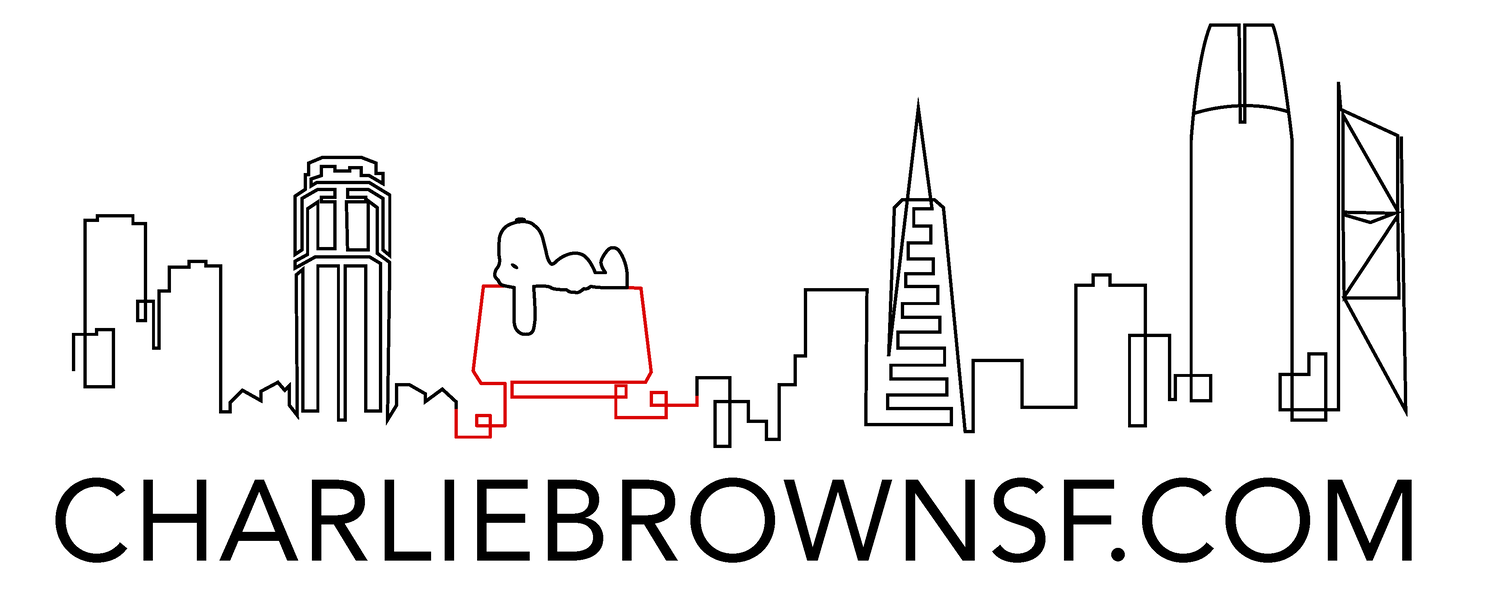How to Navigate San Francisco’s Real Estate Market, Even with Mortgage Rates on the Rise
You’ve probably been hearing a lot about mortgage rates lately, and for many of you, the hope is simple: When are they going to drop? If you’ve seen headlines about the recent Federal Reserve rate cut in early November, you might have gotten your hopes up that mortgage rates would soon follow suit. But here’s the reality check—while the Fed’s actions are significant, they don’t directly determine mortgage rates.
Mortgage rates are influenced by a whole host of factors, including the Fed’s actions, inflation, the job market, and even geopolitical events. So while we might see some relief over time, it’s unlikely to be an immediate or smooth decline.
If you’re looking to buy or invest in San Francisco real estate right now, here’s the best advice: Don’t try to time the market. While rates are out of your control, there are factors you can influence that can make a big difference in your homebuying success.
Focus on What You Can Control
1. Your Credit Score
One of the easiest and most effective ways to secure a better mortgage rate is by improving your credit score. In San Francisco’s competitive market, a higher credit score can help you stand out when applying for a loan and could save you thousands over the life of the loan.
A higher score typically leads to lower interest rates and better loan terms. With rates where they are today, maintaining a strong credit score should be a priority. Reach out to a trusted loan officer to get a clear picture of your credit standing and ask about ways to improve it.
2. Your Loan Type
In the Bay Area, there are various loan types that can suit your investment strategy or home purchase goals. Conventional loans, FHA, VA, and even jumbo loans (which are often required for luxury properties in SF) all come with different terms and eligibility requirements.
You’ll want to work closely with your mortgage broker and real estate professionals to determine which loan type fits your financial profile and investment plans best. For those looking at San Francisco real estate as an investment, it's especially important to understand how the right loan type can support your long-term wealth-building strategy.
3. Your Loan Term
The length of your mortgage plays a crucial role in shaping your monthly payments and overall loan costs. If you’re considering a luxury home or multi-unit investment property in San Francisco, you’ll need to weigh whether a shorter term with higher monthly payments (e.g., a 15-year mortgage) or a longer term with lower payments (e.g., a 30-year mortgage) makes more sense for your financial situation.
Shorter terms can save you money on interest, but they also come with higher monthly costs. Longer terms might lower your payments but end up costing you more in interest over time. Consult with your lender to choose the best option that aligns with your short-term and long-term investment goals.
Why This Matters for San Francisco Real Estate
San Francisco continues to be a hotspot for real estate investment, with its unique mix of luxury homes, high-demand neighborhoods, and a competitive market. While mortgage rates are a consideration, the market still presents substantial opportunities for long-term wealth building, especially in neighborhoods like the Mission District, Pacific Heights, and areas with strong potential for appreciation, such as Bayview and Tenderloin.
Given the city’s real estate trends—especially in luxury residential properties—now might be an excellent time to buy for those who are prepared. With property values showing resilience in key areas and rental demand staying high, investing in San Francisco real estate remains a smart move for those focused on long-term growth.
Bottom Line: Set Yourself Up for Success
You can’t control when mortgage rates will come down, but you can take steps today to position yourself for success. Whether you’re a first-time homebuyer or an experienced investor, focusing on your credit score, loan type, and loan term will give you an edge as you navigate San Francisco’s real estate market.
Let’s connect and discuss how these strategies can work for you as you prepare for your next investment or home purchase in San Francisco. Together, we can craft a plan that puts you on the path to success.


